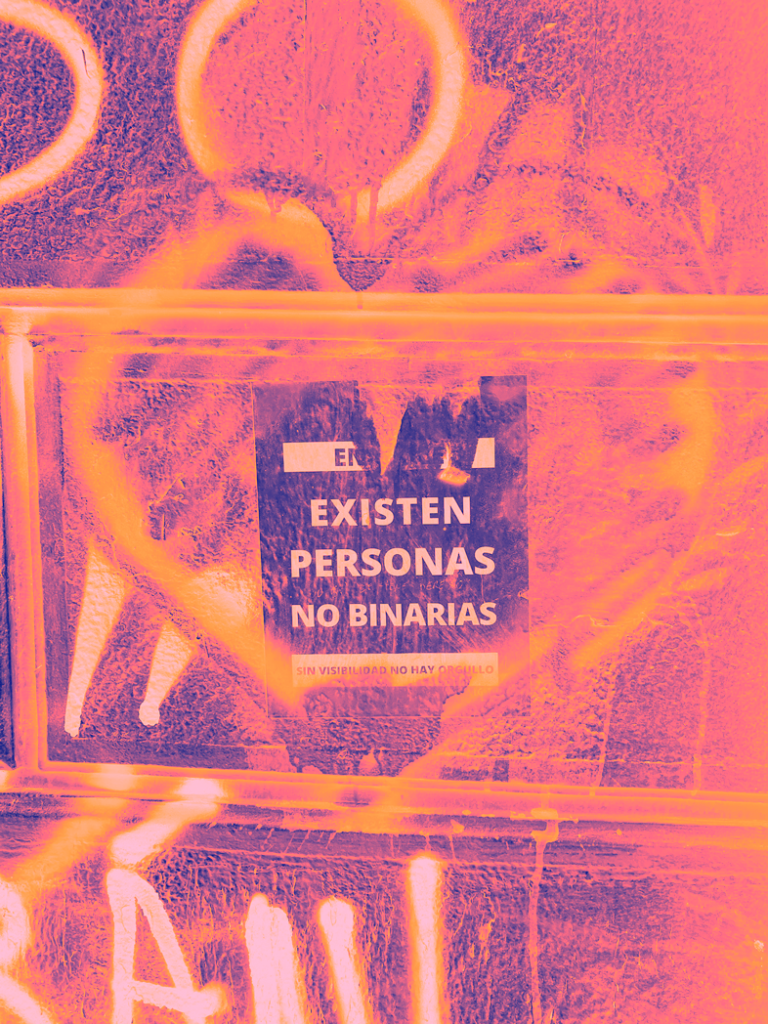
LGBTIQ+ Mental Health: Exchanging Knowledges, Forging Bridges
What are the main challenges that mental health professionals face when working with LGBTQIA+ people? What does working from a depathologising and affirmative approach mean for us? What socio-political, cultural, economic and institutional contexts must be considered when thinking about this work? How do we build solidarity networks to resist the attacks, moral panics, and gender anxieties articulated against affirmative care? And what can we learn from the struggles and experiences of colleagues, activists and researchers working on these issues from different disciplines and geographic locations?
These and other questions inspired a series of three Knowledge Exchange Workshops (KEW) that took place once a month between March and May 2023. The workshops emerged as a research outcome of a broad research project called “The Multiple Lives of Sexual and Gender Diversity in the Psy Disciplines” awarded to the Centre for Transforming Sexuality and Gender Postdoctoral Fellow Tomás Ojeda. They were supported by the Economic and Social Research Council y de la South Coast Doctoral Training Partnership. The workshops brought together a group of fifteen mental health practitioners from the cities of Valparaíso, Concepción and Santiago (Chile), and Brighton and Hove (UK) who met to exchange knowledges on LGBTQIA+ mental health, learn about the state of health policy in both countries and the trajectories that motivated their engagements on the issue.

In this post, we share a report documenting the main lessons learned through the exchanges and the stories the participants told about their practice in Chile and the UK. By exchanging knowledges, the workshops aimed to understand what a depathologising, affirmative and intersectional approach to LGBTQIA+ mental health means and does for the participants and the community they work with, with particular attention to knowledges that come from activist spaces, academics and people’s lived experiences.
The project was transnational in scope as it put to work some of the concepts and ethical principles that shape the practice of LGBTQIA+ mental health in their cultural, socio-political and territorial specificity. Its transnational dimension emphasised:
- How meaning-making processes are shaped through the conversation and the travel of ideas, highlighting both the limits and opportunities of cultural translation and the semantic, political and practical differences that the concepts, their use and the struggles they refer to have;
- How meanings change through the interaction between different methods of co-production, the space where the exchange took place, the location and language of the participants;
- And how the transnational dimension also implies a de-centralisation move where the traditional centres of knowledge production—the academy and the university, the capital cities of Santiago and London, the hetero-cisnorm—were interrogated by experiences that legitimise other territories, other knowledges and places of enunciation.
The meetings were facilitated by the project’s Principal Investigator (PI), Tomás Ojeda, and the report is the result of a collective writing process among some of the workshop participants: Zoë Boden-Stuart, Vasily Bühring, Hannah Creedon, Helen Jones, Jaime Méndez Contreras, Emmie Prosper y Pablx Salinas Mejías. The report was published on 28 September 2023, and both the full document and the executive summary of the key lessons learned are available in both English and Spanish.